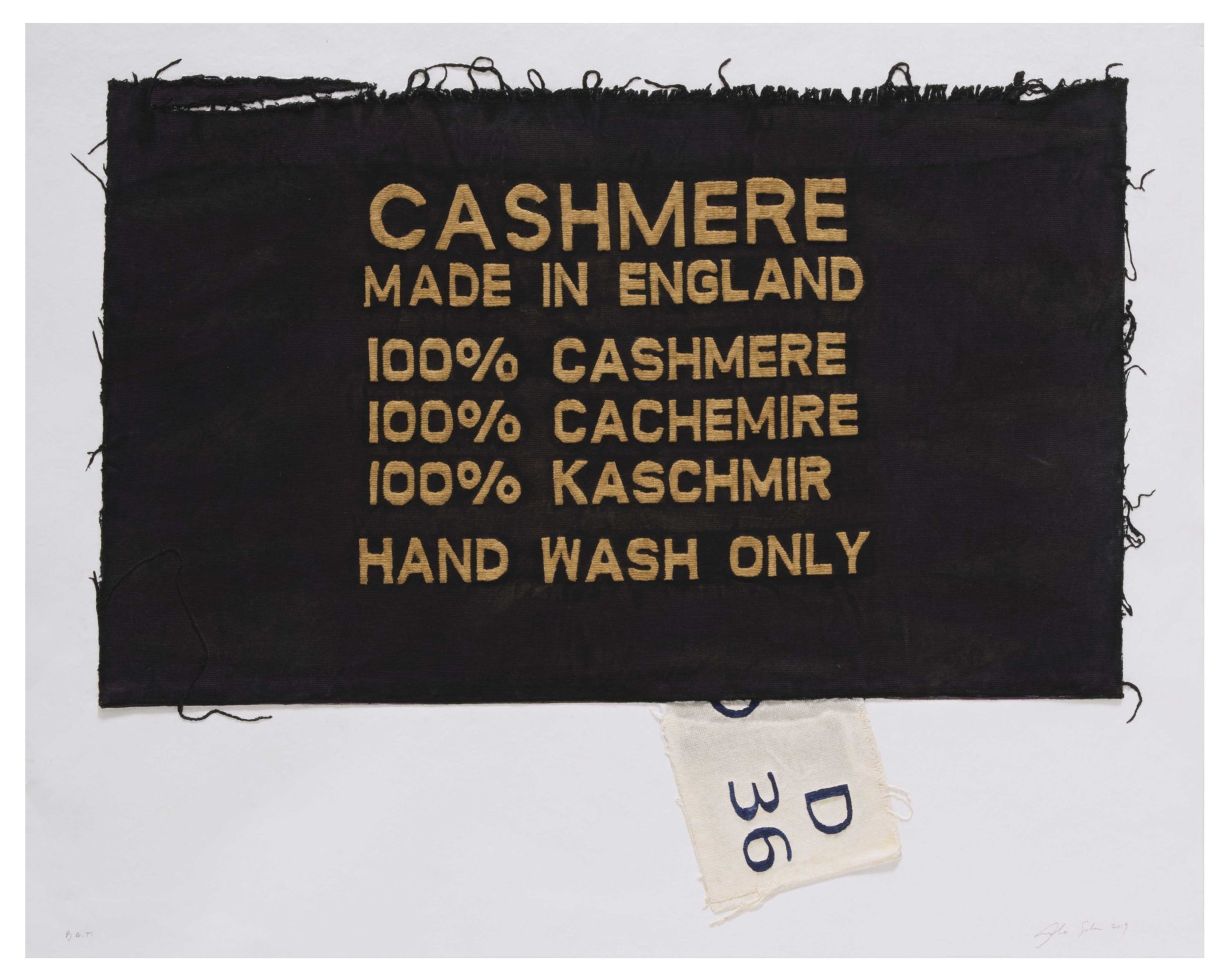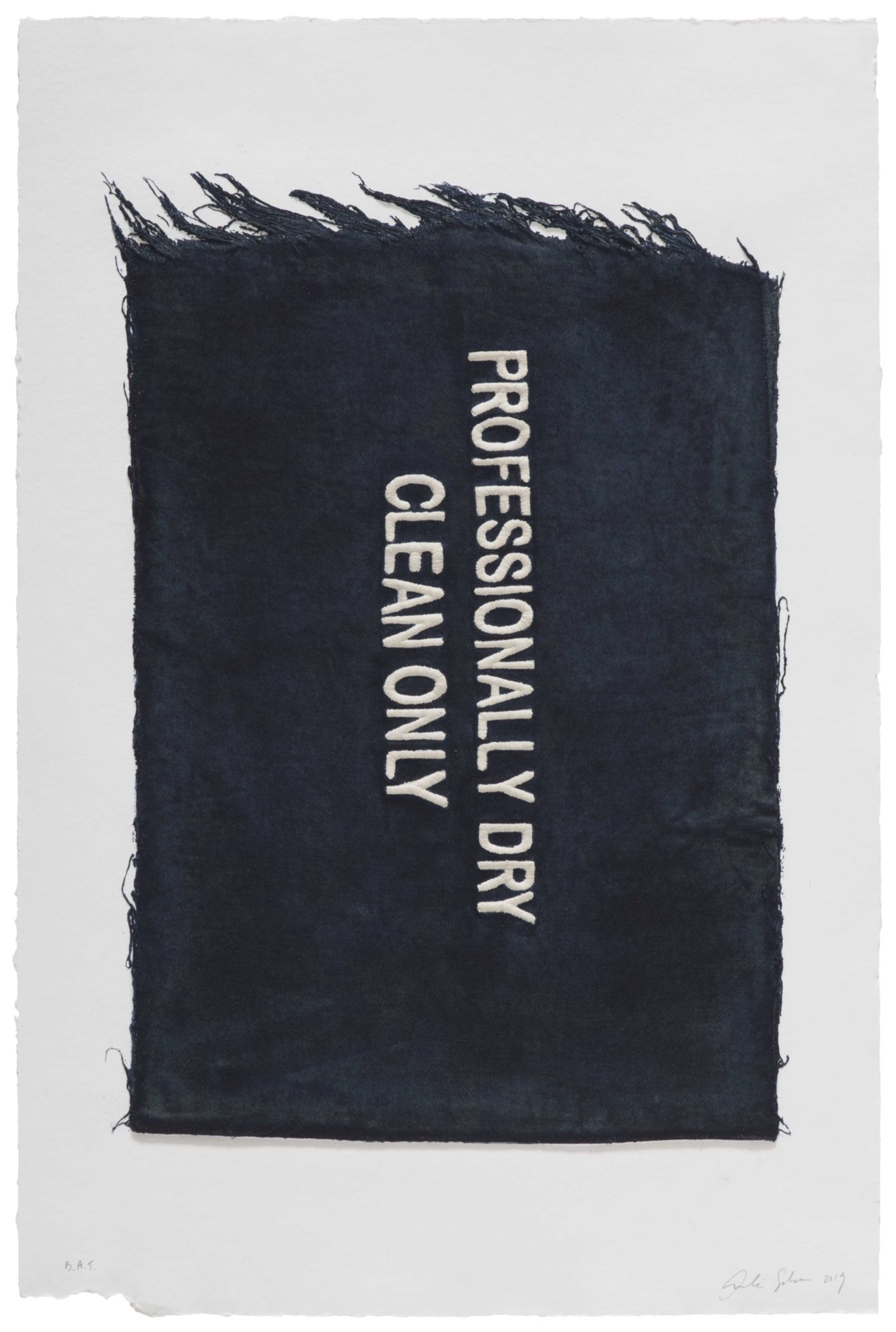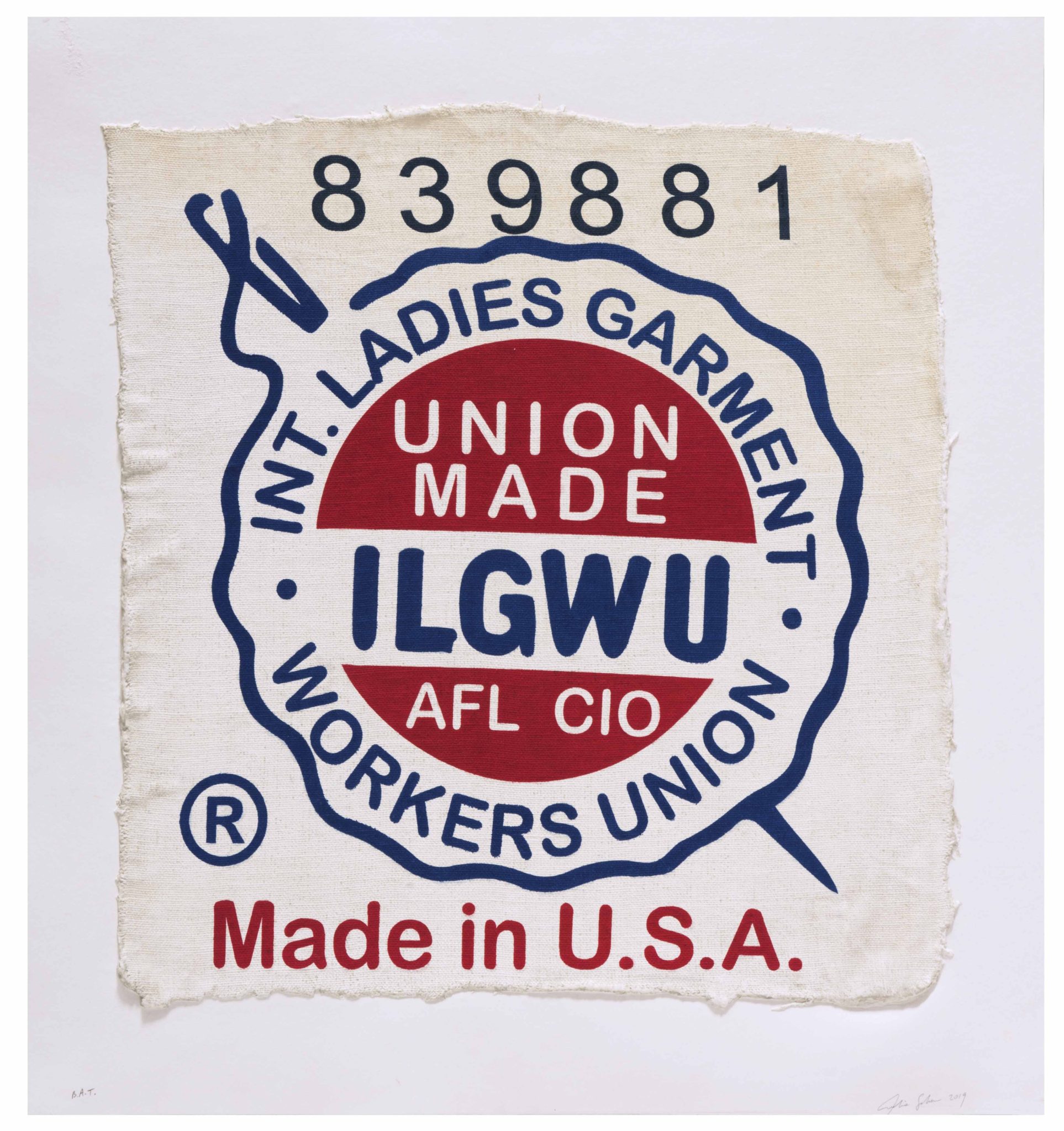Your cart is currently empty!
Mixografia: Analia Saban

Analia Saban’s overall practice enacts recurring variations on a kind of populist materiality, in which she invents ways to explore the physical qualities of commonplace stuff like concrete, wet paint, plastics, and the entropic effects of time. She both demystifies the alchemy of studio art-making and elevates the mysterious spark of the artistic imagination as she unpacks the context and conceptual dimensions of the things we see every day. She expresses this in a lot of ways, but in her collaborations with Mixografia, she consistently finds the perfect technological partnership and marriage of true minds to see it through.

Mixografia is famous for its proprietary processes of editioned prints that are dimensional and rife with complex texture, detail, and illusionistic conjuring of replicated mediums. Saban’s Mixografia editions of hotel towels and plastic shopping bags are legendary, quirky masterpieces. In Dry Clean Only, the partnership continues in a suite of eight fairly large-scale prints depicting in startling verisimilitude a collection of garment tags — the kind in the neck of your shirt that tells you where things were made and how to care for them. These tags are the very definition of overlooked omnipresence — and by enlarging them, expertly mimicking their textiles, recreating their tears, smudges, symbols, stitches, and prompting the viewer to contemplate them more closely than they ever would the real thing, Saban succeeds in her general project of redirecting our attention toward what already surrounds us.

But on a deeper level even than Quotidien awareness, these tags tell a series of true narratives about labor and global trade, as some indicate international sizing, “International Ladies Garment Workers Union, Made in USA” refers not only to worker rights but gender equality, and “Made in China” offers a particular tale of unseen users of the merchandise in the form of a stubborn, rusty stain that spreads like watercolor, invokes the beauty of discarded things, and perpetuates the question of where things come from and what befalls them along the way.
Analia Saban: Dry Clean Only
Mixografia
September 28 – November 9, 2019